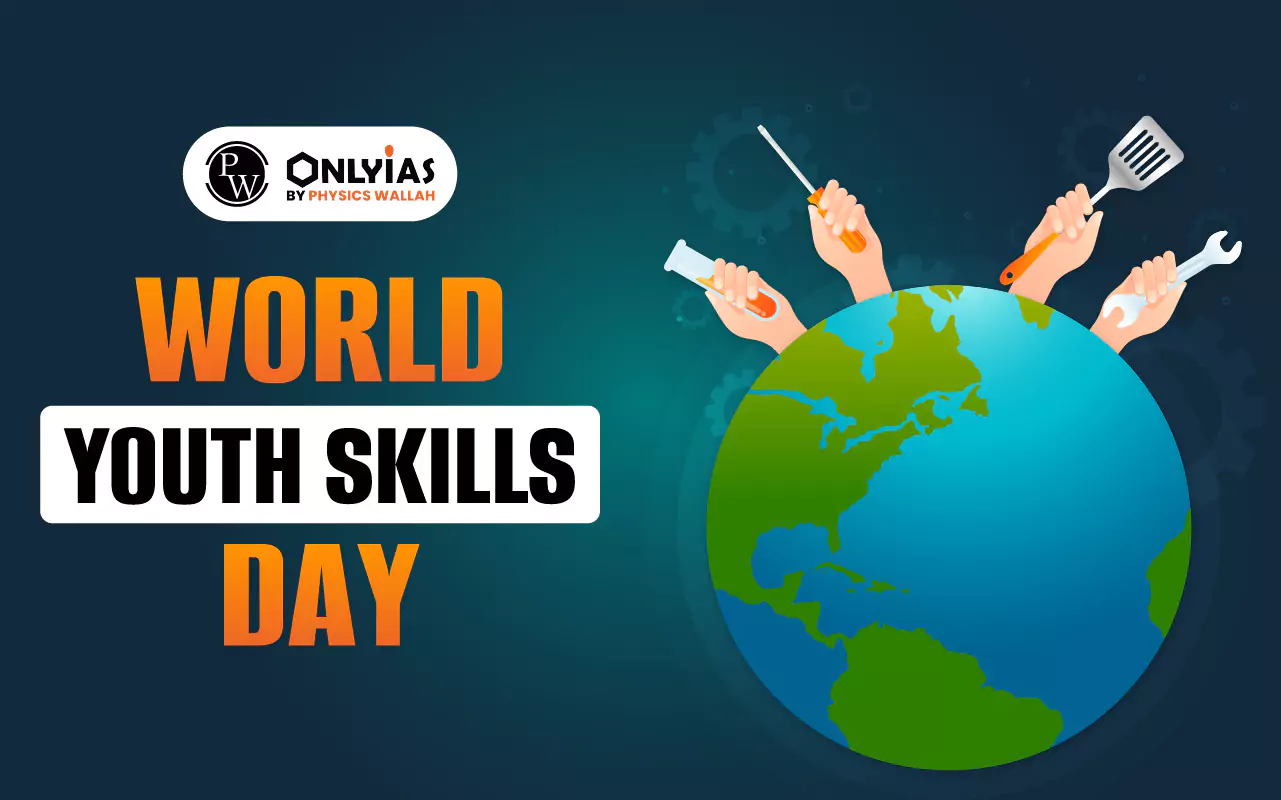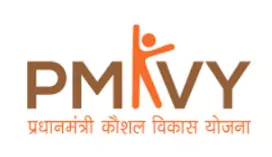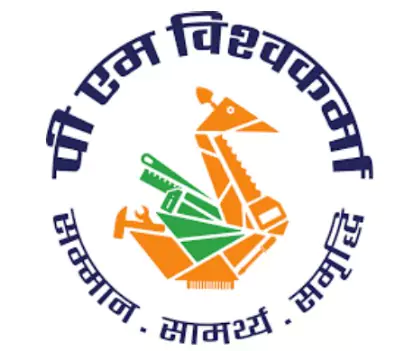World Youth Skills Day 2025 marks a decade of empowering youth through AI skills. On 15th July mark World Youth Skills Day 2025 while focusing on inclusive, equitable skill development globally.

World Youth Skills Day 2025, observed on 15th July, marks a significant milestone — a decade of international efforts to strengthen youth skill development. Declared by the United Nations General Assembly in 2014, this annual observance recognises the strategic importance of equipping young people with skills for employment, decent work, and entrepreneurship. Emphasises technical and vocational education and training (TVET) as a means to tackle youth unemployment and underemployment globally.
List Of International National Days 2025 Month-Wise List
World Youth Skills Day 2025 marks the 10th anniversary of this global observance, emphasising the urgent need to equip young people with future-ready skills, especially in the rapidly evolving fields of Artificial Intelligence (AI) and digital technology.
With the theme “Youth empowerment through AI and digital skills”, this year’s celebration aims to bridge skill gaps, address digital inequality, and promote inclusive, ethical, and tech-driven education and employment opportunities for youth across the world.
| World Youth Skills Day 2025 Overview | |
| Particulars | Details |
| Name of the Day | World Youth Skills Day |
| Date | 15 July 2025 |
| Day | Tuesday |
| Established By | United Nations General Assembly |
| First Observed In | 2015 |
| Occasion | 10th Anniversary |
| Theme for 2025 | Youth Empowerment through AI and Digital Skills |
| Purpose | To promote skills development for youth, address unemployment, and empower future-ready generations |
| Significance | Highlights the role of skills in improving youth employability, productivity, and sustainable development |
| Major Stakeholders | UN, UNESCO, ILO, UNEVOC, Governments, TVET Institutions, Youth Organisations |
| Associated SDG Goals | SDG 4 (Quality Education), SDG 8 (Decent Work), SDG 10 (Reduced Inequalities) |
World Youth Skills Day was established by the United Nations General Assembly in December 2014, recognising the growing need to equip young people with relevant skills for employment, entrepreneurship, and decent work. The first official celebration was held on 15 July 2015. Since then, this global observance has become a platform for dialogue between young people, educators, policymakers, and industry leaders to address the global skills gap, promote vocational education, and align youth capabilities with the demands of the evolving job market.
World Youth Skills Day is celebrated each year on 15th July. In 2025, the occasion carries the theme: “Youth Empowerment through AI and Digital Skills”, echoing the rising demand for tech-driven solutions and digitally skilled human capital. As the Fourth Industrial Revolution reshapes labour markets through Artificial Intelligence (AI), empowering the youth with future-ready skills has become more urgent than ever.
World Youth Skills Day 2025 was celebrated on 15th July 2025. This date marks the 10th anniversary of the global initiative established by the United Nations to emphasise the importance of equipping young people with essential skills for employment, entrepreneurship, and innovation.
The World Youth Skills Day 2025 Theme, “Youth Empowerment through AI and Digital Skills”, focuses on integrating AI into TVET systems, ensuring inclusive access to technologies like:
However, without systemic reforms, these technologies may widen the digital divide, particularly affecting marginalised youth.
Young people are nearly three times more likely to be unemployed than adults. Over 40% of youth worldwide are not in employment, education, or training (NEET). The problem is more profound for young women, with only 27.4% having access to employment opportunities compared to 40.3% of young men.
A major reason is structural unemployment—a mismatch between the skills offered by the workforce and those demanded by employers. World Youth Skills Day 2025 aims to bridge this gap by promoting Technical and Vocational Education and Training (TVET), especially in AI and digital domains.
Therefore, skills development has become a cornerstone of the 2030 Agenda for Sustainable Development, particularly SDG 4.4, which seeks to substantially increase the number of youth with relevant skills.
As we observe World Youth Skills Day 2025, it’s imperative to understand the magnitude of challenges faced by young people across the globe. Despite widespread digital transformation and technological progress, the majority of youth remain economically disengaged, digitally excluded, and underprepared for the demands of the future workforce.
The following key statistics offer a reflection of the skill and opportunity deficits confronting global youth today:
National Youth Day in India is observed every year on 12th January to commemorate the birth anniversary of Swami Vivekananda, one of India’s most respected spiritual leaders and youth icons. Declared by the Government of India in 1984, the day celebrates Swami Vivekananda’s philosophy, vision, and belief in the potential of youth. His teachings continue to inspire young Indians to rise above challenges, contribute to national development, and embody values of discipline, courage, and service.
India, home to one of the world’s largest youth populations, has achieved significant success in addressing the global skills gap through a series of visionary initiatives under the umbrella of Skills India. These efforts aim to empower young individuals with relevant competencies, enhance employability, foster entrepreneurship, and enable economic inclusion.
Several key schemes and policy measures reflect the nation’s commitment to ensuring that its youth are not only job-ready but also equipped to lead the future of innovation and development.
Launched in 2015, the Pradhan Mantri Kaushal Vikas Yojana (PMKVY) is the flagship skill development scheme under the Ministry of Skill Development and Entrepreneurship (MSDE). The objective of PMKVY is to enable a large number of Indian youth to take up industry-relevant skill training that will improve their chances of securing gainful employment or becoming self-reliant entrepreneurs.

Source: Wikipedia
Key features of PMKVY include:
During the pilot phase alone, more than 19.85 lakh candidates were trained, laying a strong foundation for scalable, structured skill development in India. PMKVY continues to expand under subsequent phases, empowering millions to enter the workforce with confidence.
The PM Vishwakarma Scheme is an initiative launched to support traditional artisans and craftspeople, commonly known as Vishwakarmas, who contribute significantly to India’s informal economy. This holistic scheme not only acknowledges their legacy but also empowers them through modern tools, financial access, and skill development.

Source: pmvishwakarma.gov.in
Key components include:
By formalising their trade and integrating them into the broader economy, PM Vishwakarma seeks to transform livelihoods, boost productivity, and enhance the quality of indigenous products and services.
Announced in the Union Budget 2024–25, the Employment Linked Incentive (ELI) Scheme aims to generate over 3.5 crore new jobs while promoting formalisation and workforce expansion across sectors. With a special emphasis on first-time employees and the manufacturing sector, the scheme introduces a dual-benefit mechanism for both workers and employers.
The ELI Scheme is not just a job creation policy—it is a tool for accelerating formal employment, improving labour standards, and enabling a sustainable employment ecosystem.
India offers several schemes beyond PMKVY and ELI to facilitate holistic youth development:
India’s vast youth population presents a unique opportunity known as the demographic dividend—a phase where the working-age population outnumbers dependents. To harness this advantage, strategic skill development is essential.
Equipping young Indians with industry-relevant skills through initiatives like Pradhan Mantri Kaushal Vikas Yojana, PM Vishwakarma, and Skills India can boost productivity, reduce unemployment, and accelerate economic growth. The synergy between a youthful workforce and robust skill training holds the key to transforming India into a global hub of talent and innovation.
The India Skills Report 2025 is a comprehensive annual study that evaluates the employability levels of India’s youth and maps the emerging skill trends across states, industries, and educational backgrounds. This year’s report is particularly significant as it aligns with the objectives of World Youth Skills Day 2025, which emphasises equipping the youth with digital and AI-related competencies to meet the demands of the Fourth Industrial Revolution.
By identifying gaps and strengths in youth skill sets, the report contributes to national initiatives like Skills India and supports the goals of World Youth Skills Day 2025 in creating an agile, job-ready, and future-proof workforce.
As we celebrate World Youth Skills Day 2025, the need for digital fluency, AI knowledge, and ethical use of technology becomes clearer than ever. A skilled youth is central to achieving SDGs, economic resilience, and social equity. Through initiatives like PMKVY, PM Vishwakarma, and the Employment Linked Incentive Scheme, India is taking bold steps towards creating an empowered, job-ready youth population.
Ready to boost your UPSC 2025 preparation? Join PW’s UPSC online courses today!
World Youth Skills Day is celebrated every year on 15th July to promote youth empowerment and skill development globally.
It is celebrated to recognize the importance of equipping youth with skills for employment, entrepreneurship, and sustainable development.
PMKVY is a flagship skill development scheme offering free training and skill certification to enhance youth employability in India.
Schemes include PM Vishwakarma, DDU-GKY, NYKS, Khelo India, and PMEGP, focusing on skill training, sports, employment, and leadership.
The ELI Scheme incentivizes job creation by offering financial support to employers and wage support to first-time employees.
The India Skills Report 2025 highlights that Uttar Pradesh leads in youth skill readiness, with top rankings in math, digital, and critical thinking skills.

<div class="new-fform">
</div>